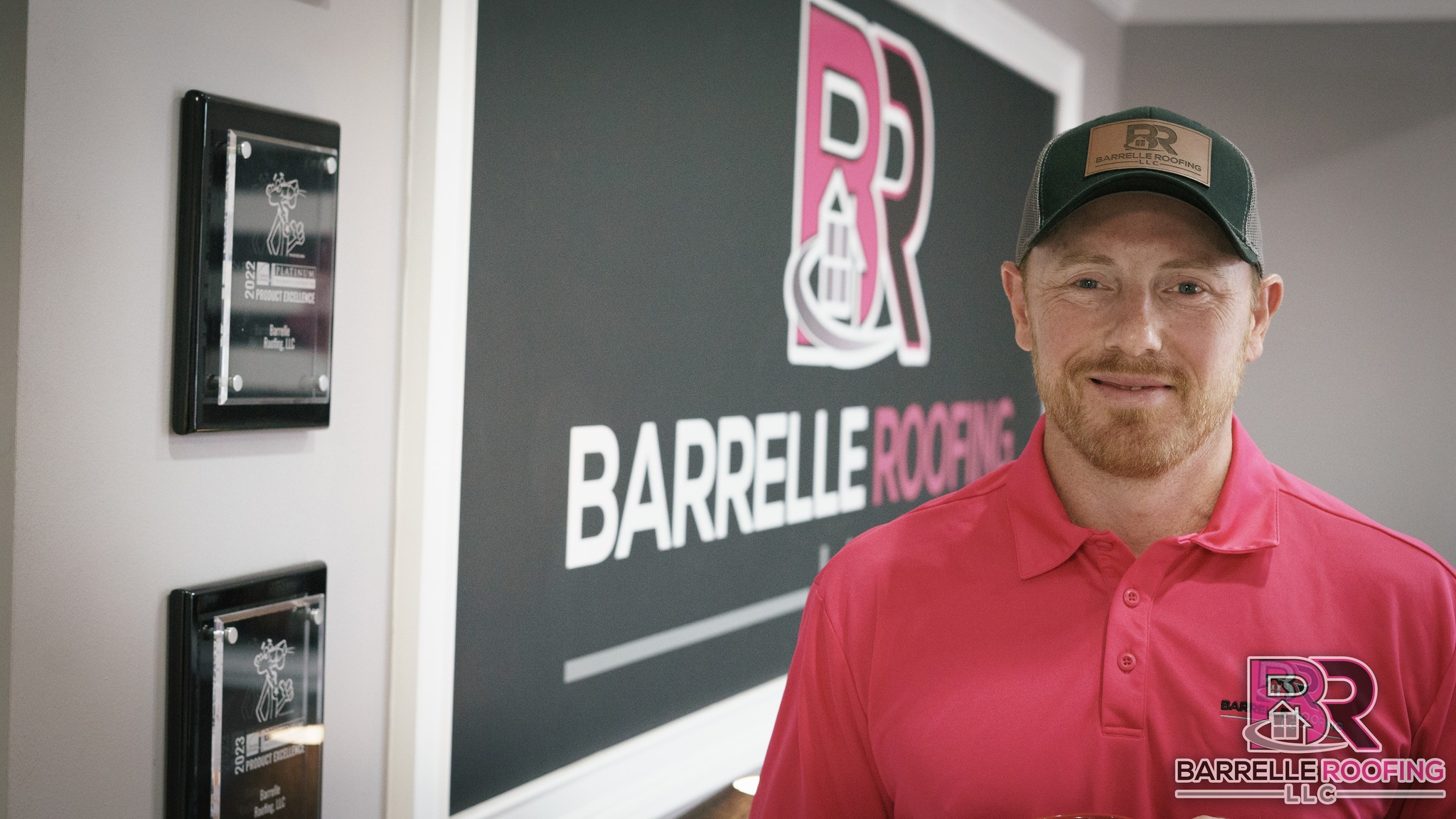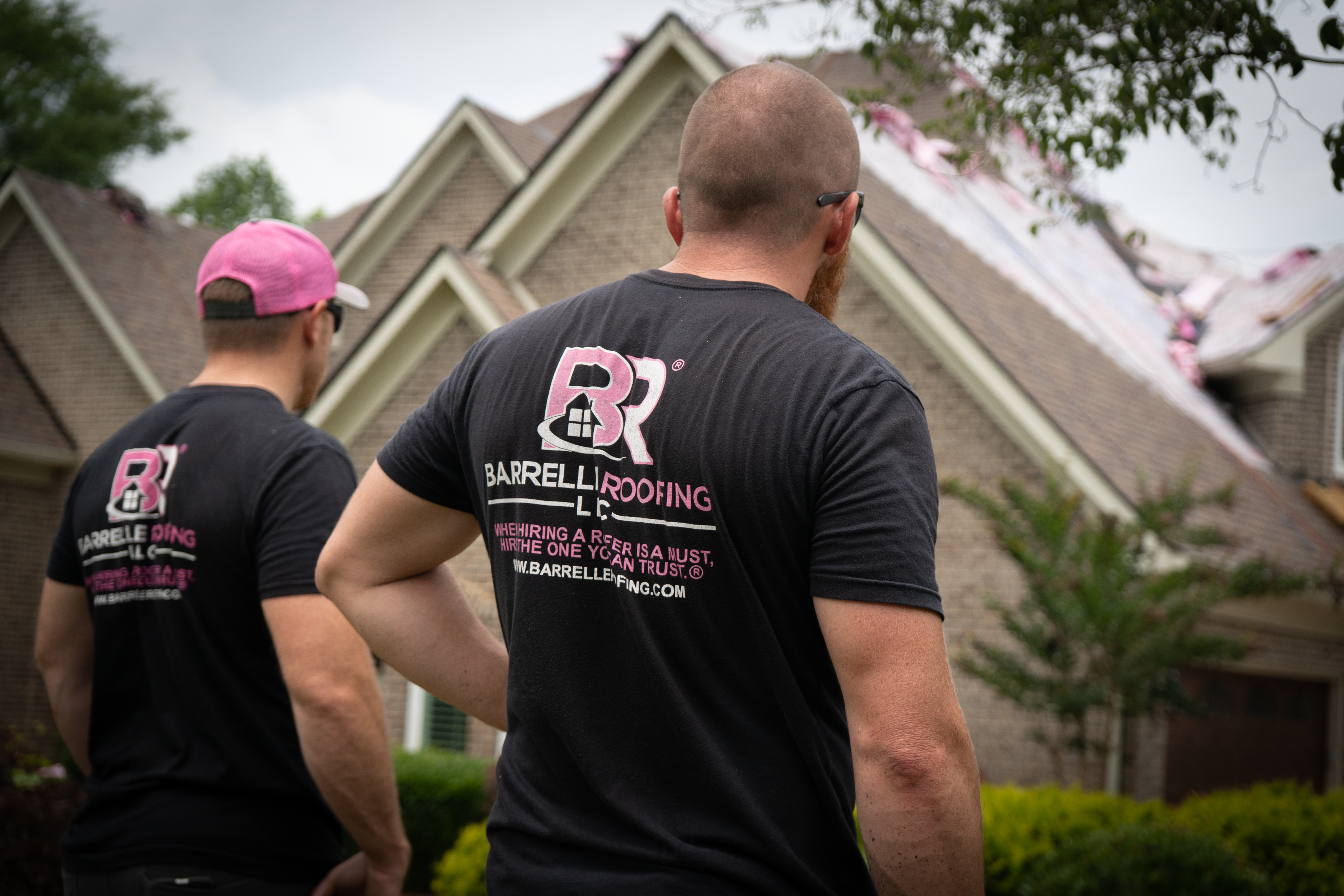
Barrelle Roofing
Roofing FAQ
Frequently Asked Roofing Questions
Here we answer some of your MOST asked questions about your roof and roofing contractors!
Question: Do You Need a Permit to Replace Your Roof in Georgia?
Here’s Your
Answer
Roofing FAQ
🏠 Do You Need a Permit to Replace Your Roof in Georgia? Here’s What to Know
Replacing your roof is a big investment, and knowing whether you need a permit can save you time, money—and potential headaches. If you’re in Georgia, here’s a helpful guide.
1. It Depends on Your Local Jurisdiction
Georgia has no statewide rule requiring roof‑replacement permits, but local governments do. For instance:
-
Atlanta: A complete roof replacement requires a permit, as it falls under the city’s building permit rules. Minor repairs (like replacing a few shingles) usually do not require one
-
Roswell: Homeowners must obtain a permit before any significant roof repair or replacement
-
Unincorporated Hall County: Re-roofing (stripping old shingles and adding new ones) doesn’t require a permit—unless you’re replacing the decking or doing structural work
-
Paulding County: No permit is required for normal roof or siding replacement—provided no structural elements (sheathing, rafters, trusses) are touched
✅ Bottom line: Check with your city or county building department about your specific situation.
2. Where the Line Is Drawn: Repairs vs. Structural or Full Replacement
Most jurisdictions draw a clear line between:
-
Minor repairs/maintenance (shingle or small-area replacement): often permit exempt.
-
Major projects (full tear-off, structural changes, decking replacement, adding weight from new materials): permit required
For example, replacing decking or structural elements triggers a permit even in counties that otherwise allow shingle re‑roofing without one.
3. Why Permits Matter
Pulling a permit isn’t just red tape—it brings real benefits:
-
Code compliance & safety: Ensures work meets local building codes and safety standards.
-
Insurance protection: If your roof is damaged later, insurers may deny coverage for unpermitted work
-
Resale benefit: Unpermitted work can delay or block home sales; buyers want documentation
-
Avoid fines: Contractors skipping permits may attract penalties and force a halt to your project
4. Typical Permit Process & Costs
While specifics vary by city, here’s a general idea:
-
Scope review – Local building department reviews your project.
-
Fee payment – Permits usually cost between $100–$500, depending on roof size and scope
-
Inspections – May include pre‑ and post‑installation checks.
-
Sign‑off – Once inspections pass, the permit is closed.
Some jurisdictions allow homeowners to pull permits themselves—but contractors often handle it, especially for larger jobs .
5. What Should You Do?
-
Call local authorities: Your city or county building department will clarify their rules—even minor details matter.
-
Ask your roofer: A licensed contractor will usually know local requirements.
-
Get it in writing: If your contractor says “no permit needed,” request documentation stating why (e.g., only shingle replacement).
6. The Risks of Skipping a Permit
Choosing to skip a permit might seem like savings—until it comes with:
-
Fines or stop‑work orders
-
Voided insurance claims
-
Costly retroactive compliance fixes
-
Delays or obstacles when selling your home
Final Word
In Georgia, roof replacement permit requirements vary widely:
-
Minor shingle repairs are often permit‑free.
-
Full replacements, decking/structural work almost always require one.
-
Local authority rules take precedence—so always verify before beginning.
Securing a permit is about more than bureaucracy—it protects your investment, keeps you legal, and ensures your roof is done right. A licensed contractor not only brings expertise but often handles permits for you—letting you focus on enjoying a safe, durable roof.
Need A New Roof?
